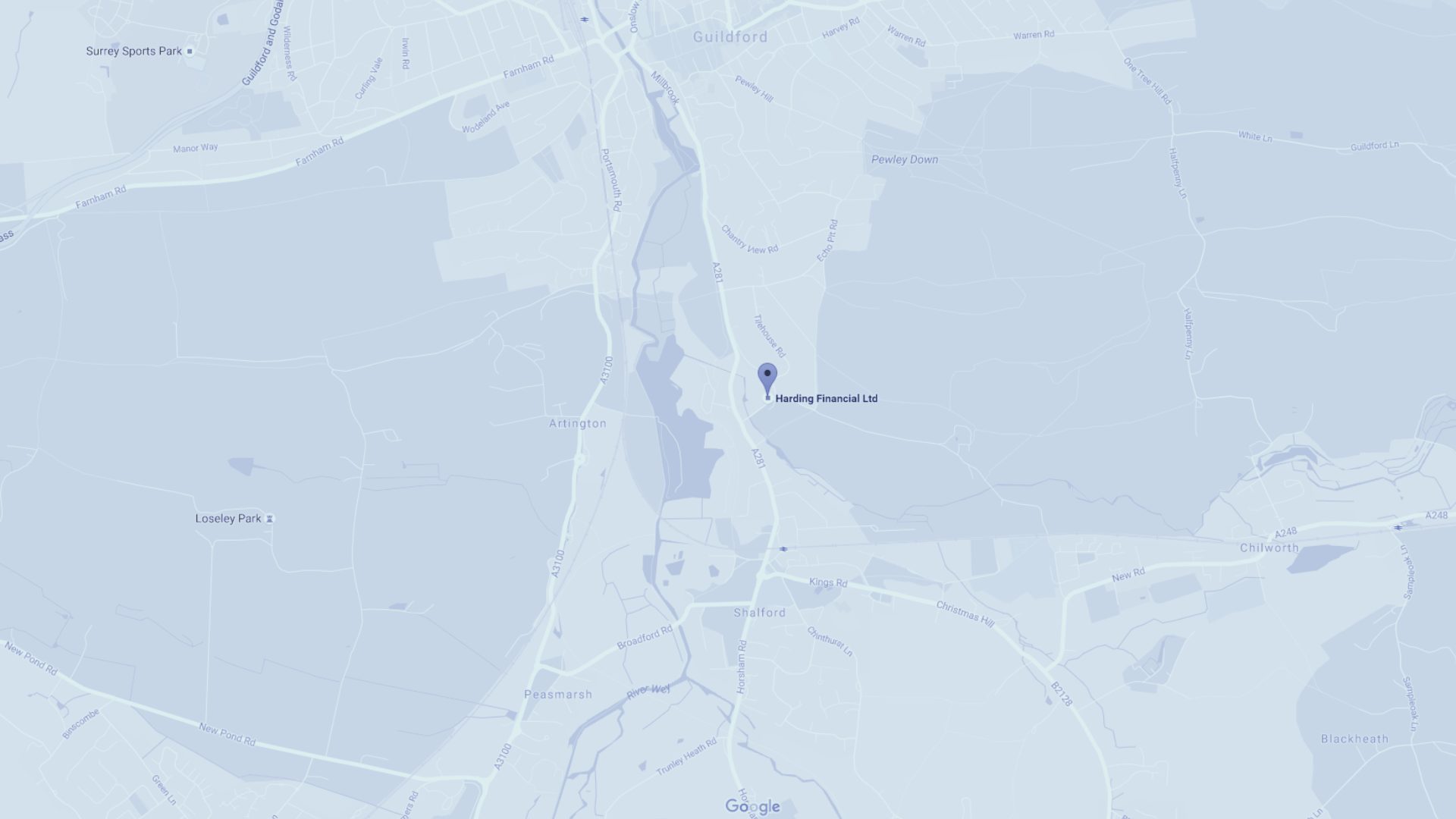
The Spring Budget 2023
What an exciting week with Jeremy Hunt’s first Spring Budget and some unexpected positive announcements for our clients!
The Spring Budget 2023
What an exciting week with Jeremy Hunt’s first Spring Budget and some unexpected positive announcements for our clients!
Here are Harding’s Budget Highlights:
Abolition of the Lifetime Allowance on pensions
The lifetime allowance is the total amount you can build up in your accumulative qualifying pension arrangements without there being a tax charge when money or assets are withdrawn from them. The lifetime allowance is currently £1,073,100 and although we were expecting an increase in this threshold it was certainly a surprise to see the Chancellor abolish it altogether! This means that from the 6 April 2023, under the proposed rules, no one will face a lifetime allowance tax charge regardless of the value of their total pension savings.
For clients whose pension savings were approaching the lifetime allowance or where they were due to be reassessed against the lifetime allowance for the ‘Age 75 test’ this change in legislation may have just saved you up to 55% in tax charges!
However, it’s important to mention here, that the lifetime allowance is also used to calculate the maximum amount of tax-free entitlement you can take from your pensions. This calculation will stay at 25% of the current lifetime allowance limit of £1,073,100. So, the amount of tax-free cash you can take will be £268,275 even if your pension fund values are more than £1,073,100.
Annual Pension Allowance Increase
The Annual Pension Allowance is the total gross amount you can save into your pension plan/s each year and benefit from tax relief on the contributions. Pay more than this and you will potentially be subject to an additional tax charge. This includes:
- your own payments into the plan
- those of your employer and
- any third-party contributions too.
It applies to both defined contribution pension schemes and defined benefit (final salary) scheme contributions.
The annual allowance is currently £40,000 unless you are subject to rules that have reduced your annual allowance. This can happen when you are a high earner (see tapered allowance below) and/or you have already accessed some of your pension benefits flexibly (see money purchase allowance below). It should be noted that your contributions will also be limited to your relevant earnings if they are below the annual allowance figure that applies to you.
As of the 6 April 2023 this maximum annual allowance will be increasing from £40,000 to £60,000, an increase of 50%!
This means that if you are currently working and saving for your retirement and have the earnings to support it, £60,000 per annum can be contributed into your pension rather than £40,000.
Tapered Annual Pension Allowance
If you are a higher earner (with income over £200,000) you may be impacted by the Tapered Annual Pension Allowance. This reduces the amount you can save into your pensions each tax year, currently from £40,000 per annum down to £4,000 per annum once your total income reaches £312,000 or more.
From 6 April 2023 the tapered annual pension allowance will be increased from £4,000 per annum to £10,000 per annum and the adjusted income threshold (one of the thresholds used to calculate whether tapering applies) is being increased from £240,000 to £260,000.
This means that for high earning clients, your ability to save more into pensions will increase.
Increasing the Money Purchase Annual Pension Allowance
Once you access any taxable money from your defined contribution pension plans then you are likely to see your Annual Pension Allowance reduce from £40,000 to £4,000 under current legislation. This significantly impacts what you can continue to save into defined contribution pensions should you need to access money from them whilst continuing to have relevant earnings and contributing.
The Chancellor has announced that from the 6 April 2023 the Money Purchase Annual Pension Allowance will be increasing from £4,000 to £10,000 – making it easier to keep working and save once having drawn taxable money from your pensions.
Childcare Support
Currently in England, parents receive 15-30 hours a week of funded childcare for their children from age three, but on Wednesday Jeremy Hunt unveiled several new measures to help working families with the cost of childcare. One of which includes reducing the age at which access to this government funded childcare starts, from age three to nine months. This will be phased in gradually, with eligible parents of children aged two having access to 15 hours of funded childcare from April 2024, followed by children aged from nine months from September 2024. Eligible parents of children under school age will have access to the expanded 30 hours of funded childcare from September 2025.
This will significantly reduce the future cost of childcare for many families and may mean there will be spare income available for areas such as retirement saving or investing for other life goals.
We’ve seen some fantastic changes announced by the Chancellor this week, and opportunities for individuals to increase their retirement savings provisions. If you would like to talk about the areas mentioned above or any other financial matters, please do not hesitate to contact us - we’d be happy to help.
Important notice:
This article has been based on our understanding of the new rules as we understand them at time of publishing and could be subject to change.
This article should not be taken as advice.
Pension advice is a very complicated area of financial planning. We would recommend that you consult with a qualified professional financial adviser, to understand the impact the above rules may have on your personal situation.
Contact Us
Get in touch today
Call us, email, drop in, or fill in the form so that one of our expert advisers can be in touch.
We look forward to hearing from you and being your financial partner.
Guildford Office:
The Estate Yard
East Shalford Lane
Guildford
Surrey
GU4 8AE
London Office: c/o The Ministry, 79-81 Borough Rd, London, SE1 1DN
